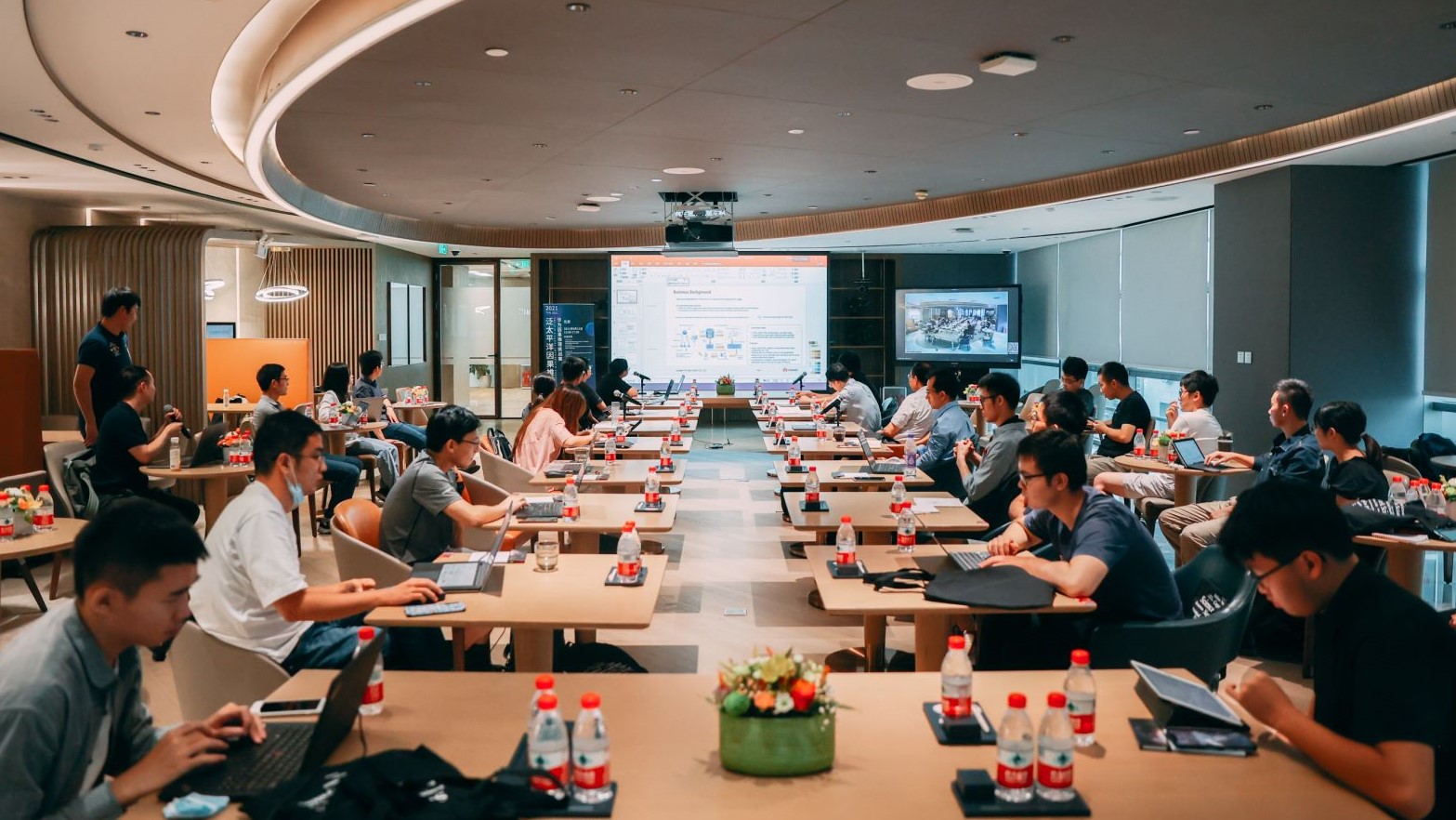PCIC 2022
Huawei Causal Inference Competition
Watch the video recording of the competition here .
The goal of causal inference is to combine external knowledge and study design to draw a causal conclusion between variables. It has gained popularity in numerous fields, including statistics, biostatistics, biomedical science, computer science, economics, epidemiology, and various social sciences. To promote both research and application on real-world problems, Huawei Noah's Ark Lab and Peking University jointly organize this competition focusing on building a causal-based transfer learning solution and predicting user preferences. The datasets used in the competition are either directly collected from or generated according to real-world scenarios.
The competition consists of two tracks. Track 1 focuses on building a transfer learning solution for time series data which originates from a real AIOps scenario named home broadband network failure prediction(see figure 1). In this competition, you are asked to build a transfer learning solution using a labeled source dataset (city A) plus a small labeled target dataset (city B) to train a failure prediction model for city B. We encourage participants design solutions from the causal sight due to the common fault in different cities generally follows the same causal generation mechanism. Track 2 focuses on the problem of predicting user preferences in movie recommendation systems, where each movie is typically associated with a descriptive tag. Different from predicting the ratings of specific user-movie pairs, you are asked to estimate user preferences for specific tags. Challenges include the data missing-not-at-random and the presence of many biases, such as user selection bias and popularity bias. In addition, the data suffers from unobserved confounders that will further lead to unexpected biases in the observational data.
The competition winners will be awarded cash prizes and winner certificates, and will be invited to give talks at the PCIC 2022 competition workshop. For more details, please refer to our website for Causal Inference and Transfer Learning Track and Causal Inference and Recommendation Track .
Please read our latest article for further details.
Silver Prize
DBYLXMN
Yi Liu
Silver Prize
CVTEDMer
Yang Zhou
CVTE
Gold Prize
JQBXXL
Minghao CHEN
Jingmao LI
Tencent Holdings Ltd.
Xiamen University
Bronze Prize
JR
Jiarui YE
Chuwei LIU
Guangdong University of Technology
Bronze Prize
ZDHFXD
Hu TIAN
Zizhen DENG
Haitao HUANG
Institute of Automation
Silver Prize
GoGoGo
Xiangzhi CHEN
Hefei University of Technology
Silver Prize
Architect
Di HE
South China University of Technology
Gold Prize
Nanoda
Tian QIN
Nanjing University
Bronze Prize
causaldan
Pengtao CHEN
Lingyu WU
Weiran WANG
Fudan University
Bronze Prize
CDXD
Jiangyun HAN
Meijuan HE
Yangxian LI
Southeast University
Hebei University of Technology
PCIC 2021
Huawei Causal Inference Competition

The goal of causal inference is to combine external knowledge and study design to draw a causal conclusion between variables. It has gained popularity in fields including statistics, biostatistics, biomedical science, computer science, economics, epidemiology, and various social sciences. To promote both research and application on real-world problems, Huawei Noah's Ark Lab and Peking University jointly organize the competition focusing on causal inference and discovery at the 2021 Pacific Causal Inference Conference (PCIC 2021). The datasets used in the competition are either directly collected from or generated according to real scenarios.
The competition consists of two tracks. Track 1 aims to discover the causal graphs from event sequence data, which often occur in real applications such as social interactions amongst users or alarm records indicating whether a system operates properly. Obtaining such information is meaningful to better understand the relations among entities or to find root causes that can be more informative about the actual system fault. Track 2 focuses on the user preference prediction problem. In real-world movie recommendation systems, each movie is usually associated with descriptive tags, either by users or professionals. Instead of predicting the rating of a particular user-movie pair, participants are asked to estimate a user's preference to a particular tag. The challenge comes from the existence of many biases, including user selection bias, popularity bias, etc.
For more details, please refer to our website for Causal Discovery Track and Causal Inference and Recommendation Track.
Silver Prize
JayceHaHa
Fuqiang JIANG
University of Birmingham
Gold Prize
DMIRLAB
Zhengting HUANG
Yuequn LIU
Xiaokai HUANG
Guangdong University of Technology
Bronze Prize
cug_402
Xiangxiang ZHANG
Xin CHENG
Pan ZHANG
China University of Geosciences, Wuhan
Silver Prize
bingo
Yitian CHEN
Liu YANG
Kunlong CHEN
Bigo Technology
Gold Prize
Alexander Yetta
Di HE
South China University of Technology
Bronze Prize
wwe
Jinwei LUO
Zinan LIN
Shenzhen University